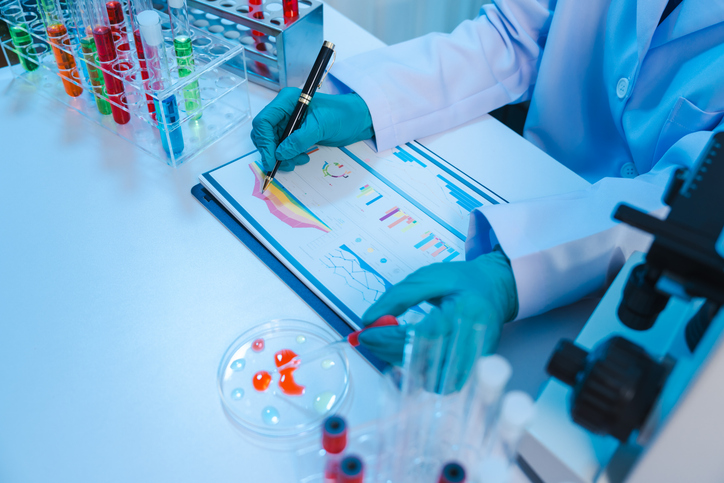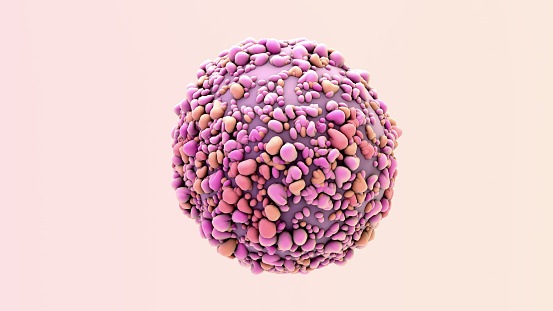
According to a study published in the Journal of Clinical Oncology, older survivors of breast cancer have a higher risk for clinical decline after undergoing adjuvant chemotherapy. The study’s authors investigated if inflammatory markers prior to adjuvant therapy were associated with clinical declines in frailty status.
They found that high interleukin (IL)-6 and C-reactive protein (CRP) levels were associated with a chemotherapy-induced decline in frailty status. The authors noted that this decline was independent of sociodemographic characteristics and other clinical risk factors.
This prospective study included a total of 295 women aged 65 years or more with stage 1 to 3 breast cancer treated with chemotherapy. Both pre- and post-chemotherapy, researchers evaluated the participants for IL-6 and CRP levels, as well as frailty status based on a deficit accumulation index (DAI; robust, prefrail, or frail). All patients were categorized as robust prior to chemotherapy.
IL-6 and CRP Predict Clinical Decline After Adjuvant Chemotherapy for Breast Cancer
The authors reported that 76 (26%) of patients had chemotherapy-induced declines in frailty status, of which 66% had high IL-6, 63% had high CRP, and 46% had both prior to chemotherapy. Based on multivariate logistic regression adjusting for sociodemographic and clinical characteristics, high IL-6 and CRP levels were associated with a more than three-fold increased risk for decline in frailty status compared to patients with low IL-6 and CRP (odds ratio, 3.52; 95% CI, 1.55-8.01; P=.003).
“In this cohort of older women with early breast cancer who were clinically fit before chemotherapy initiation,” the authors summarized, “high IL-6 and CRP prechemotherapy were associated with chemotherapy-induced decline in frailty status independent of sociodemographic and clinical risk factors”
They added that future research is warranted to determine whether inflammatory biomarkers could inform more personalized treatment plans for older survivors of breast cancer.







 © 2025 Mashup Media, LLC, a Formedics Property. All Rights Reserved.
© 2025 Mashup Media, LLC, a Formedics Property. All Rights Reserved.